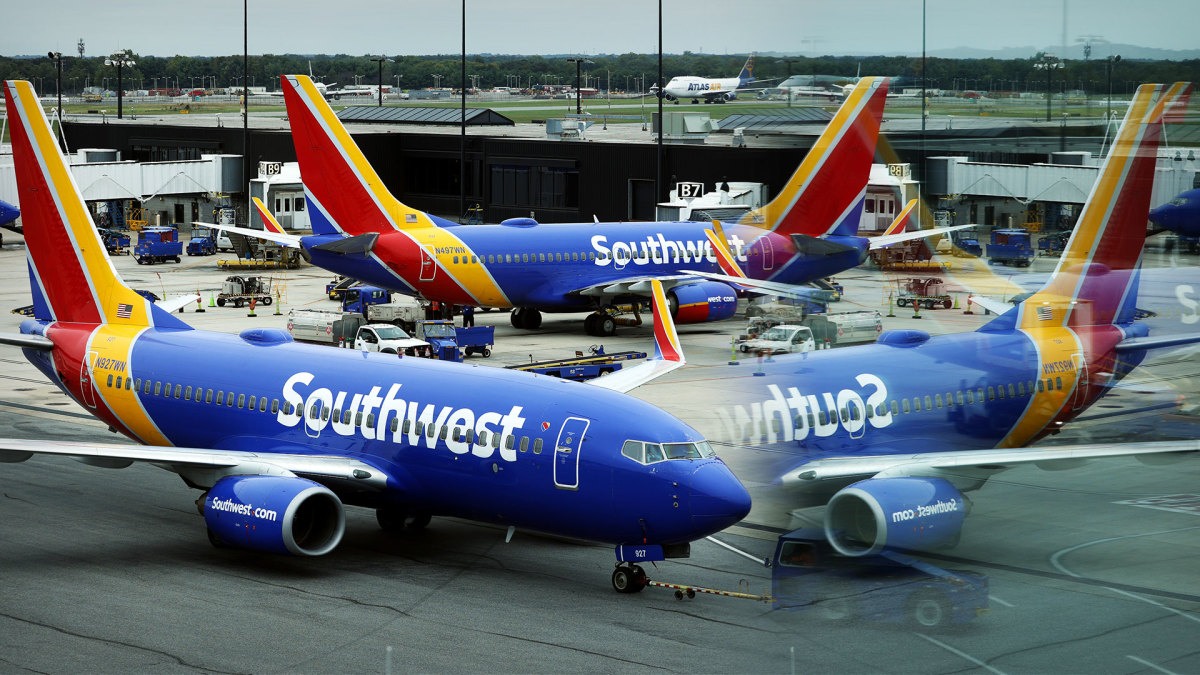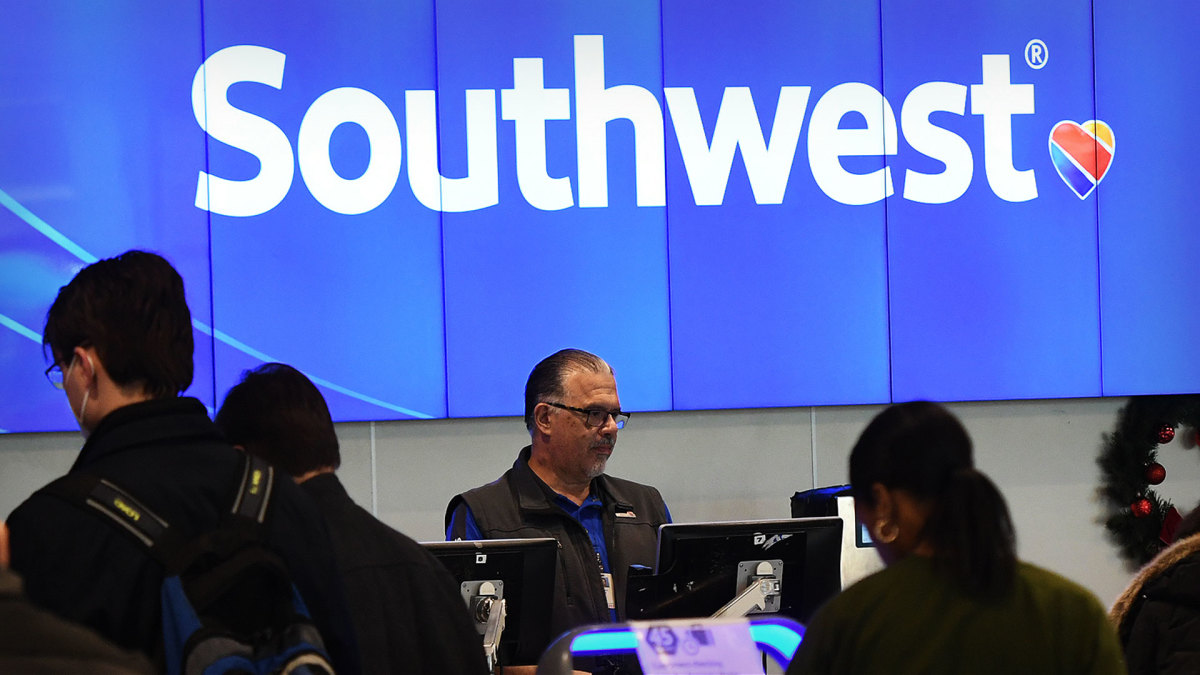
Airlines control their destinies only within certain parameters.
Weather remains beyond the control of any company, but how you manage your response to a storm can make or break your business with passengers.
People get angry when a storm delays or cancels their flights, but ultimately they understand that certain things are beyond an airline's control. When that happens, as we learned with the Southwest Airlines (LUV) -) meltdown last December, it's how the airline handles what's next that matters.
DON'T MISS: Southwest Airlines makes a change passengers will love
The bad weather that affected Southwest during the Christmas season wasn't unique to the carrier. JetBlue, Delta, United, American and every other airline that flies in the Northeast faced the same problems.
Southwest, however, saw its system melt down because it had not invested in the technology needed to handle such a massive series of delays.
That failure alone might have been enough to anger its customer base, but it did not help the airline when its pilots union effectively came out and said that the problems were inevitable due to the company's lack of investment.
It wasn't the delays and cancellations that hurt Southwest's reputation with its customers; what caused the real damage was why those things happened and what occurred afterward.
Now, Southwest has worked its way back into the good graces of many of its customers. It has handled the summer travel season with few disruptions -- but it faces an unexpected problem at a key airport as well as a looming pilots' strike.

Image source: Paul Hennessy/Anadolu Agency via Getty Images
Southwest Air has a John Wayne problem
In addition to not controlling the weather, airlines also don't control things like air-traffic controllers. And it can't control airports that cap capacity. That's what's happening at Orange County, Calif.'s, John Wayne Airport and it's bad news for passengers.
Southwest is the largest airline at SNA and has been allotted 44 daily departure slots. That's down from 57 in 2022 because slots are designed to keep the airport to just under 12 million passengers annually for noise and environmental reasons.
Southwest in turn has to cap its passenger totals at the airport for the rest of the year, according to an internal memo shared by View From the Wing.
In an effort to balance the needs of the Orange County community for adequate commercial air transportation facilities and the desire of the local community for environmentally responsible air transportation operations, SNA is requiring all airlines to reduce capacity on flights traveling to/from the airport through the end of the year. As a result, Revenue Management has lowered the lids on our SNA flights operating between September 9 and December 21, 2023. This will not impact existing reservations.
This affects other airlines as well, but Southwest is hit the hardest since it's the largest carrier at SNA. For passengers, this means fewer available seats, higher prices, and sometimes not being able to get where they want to go.
The caps are, at least according to the airport, for environmental reasons. View From the Wing's Gary Leff takes issue with that idea.
"I cannot say this enough times: Flying planes with empty seats is not better for the environment. In fact, it’s worse. The plane is still flying, and people also have to get places through other means," he wrote.
On the positive side, passengers who already have or manage to book a seat on a flight leaving from SNA are likely to have an empty middle seat in their rows.
Southwest Air faces a pilot strike
Legally, at the moment, Southwest pilots cannot strike. The Southwest Airlines Pilots Association remains in federal arbitration with the airline, and a request to leave that arbitration was denied.
That does not mean that Swapa could not ask again, as the union does not believe it has made adequate progress after 3 1/2 years of negotiation.
Union President Casey Murray explained the union's position in an email to TheStreet. He said the biggest issues that may lead to a work stoppage — something the pilots' union voted in favor of overwhelmingly — are scheduling and productivity.
"This is the main driver of customer dissatisfaction with delays and canceled flights," Murray wrote. "It’s also the direct cause of multiple major meltdowns SWA has suffered over the years culminating in the largest meltdown in aviation history. This inefficiency must be corrected."
In multiple statements to TheStreet Southwest Airlines has maintained that it has been negotiating for less time with Swapa than it took United, Delta, and American Airlines to reach their deals.
Get investment guidance from trusted portfolio managers without the management fees. Sign up for Action Alerts PLUS now.







